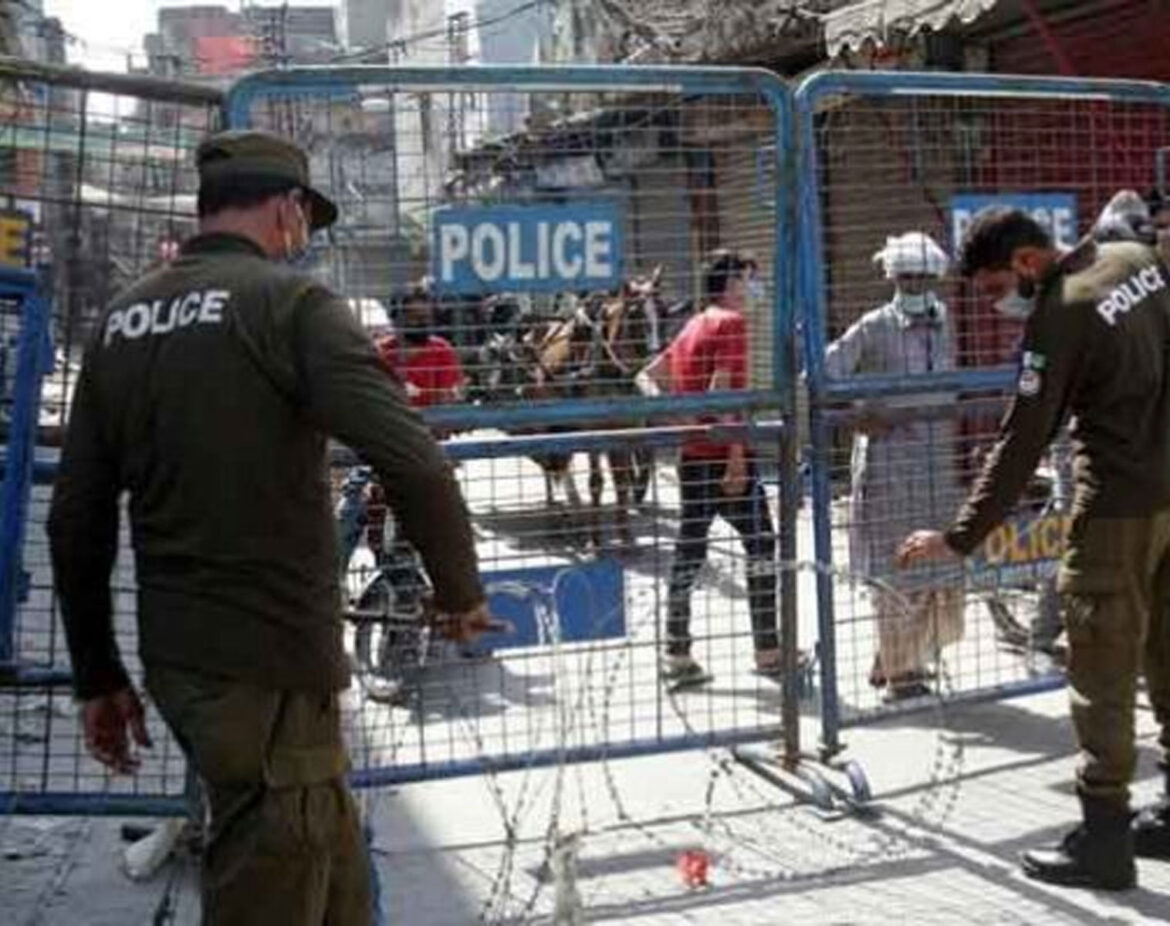The Punjab government has imposed Section 144 across the province, effectively banning all public gatherings, protests, rallies, processions, and sit-ins for three days, citing security concerns and the need to maintain public order.
The notification, issued by the Punjab Home Department, confirms that the restrictions will be enforced from November 23 to November 25, as reported by Express News. The move follows a recommendation made during a Cabinet Committee meeting for Law and Order, aimed at ensuring peace, protecting human lives, and safeguarding property.
Security Concerns Highlighted
Authorities emphasized that public processions could become soft targets for terrorists and miscreants, who might exploit gatherings for anti-state activities. A spokesperson for the Home Department stated that the decision is preventive and seeks to thwart any disruptions or threats to public safety.
Imran Khan Determined to Lead Protest March
Despite these restrictions, Pakistan Tehreek-e-Insaf (PTI) founder Imran Khan has reaffirmed that the party’s planned protest march to Islamabad on November 24 will proceed “under all circumstances.”
Speaking informally with journalists from Adiala Jail, Imran Khan criticized the government’s lack of seriousness in negotiations and its refusal to release him despite his bail approval. He accused the authorities of intentionally delaying his release and undermining the judicial process, describing these actions as emblematic of a “banana republic.”
Negotiations and Demands
Imran Khan disclosed that PTI leaders Ali Amin Gandapur and Barrister Gohar had suggested postponing the march to create space for dialogue, but he rejected the idea due to the government’s alleged insincerity. The PTI leader highlighted that the release of detained party members remains a key demand in any negotiations.
“Political parties never close the doors to negotiations,” Imran said, “but the government must show seriousness by releasing our people.”
Calls for Public Mobilization
Imran Khan urged supporters, lawyers, judges, and social activists to mobilize for the November 24 protest, asserting that Pakistanis living abroad would also stage demonstrations in solidarity.
Meanwhile, PTI leader Asad Qaiser confirmed that government representatives had reached out to Gandapur for talks, and the party is now deliberating the seriousness of the government’s approach.
Conclusion
As the province braces for potential unrest, the imposition of Section 144 and the PTI’s unwavering stance set the stage for heightened political and social tensions. The coming days will be pivotal in determining whether dialogue or confrontation prevails in Pakistan’s volatile political landscape.



